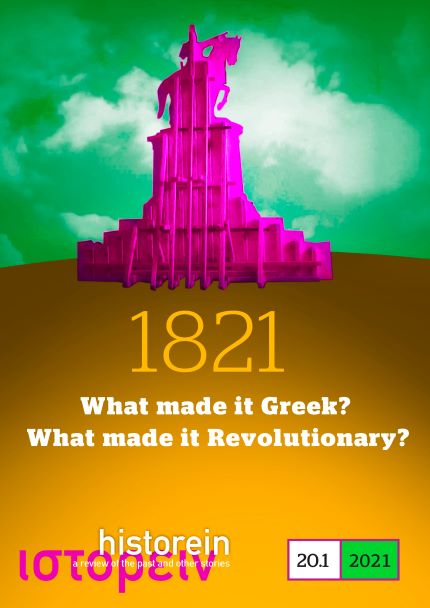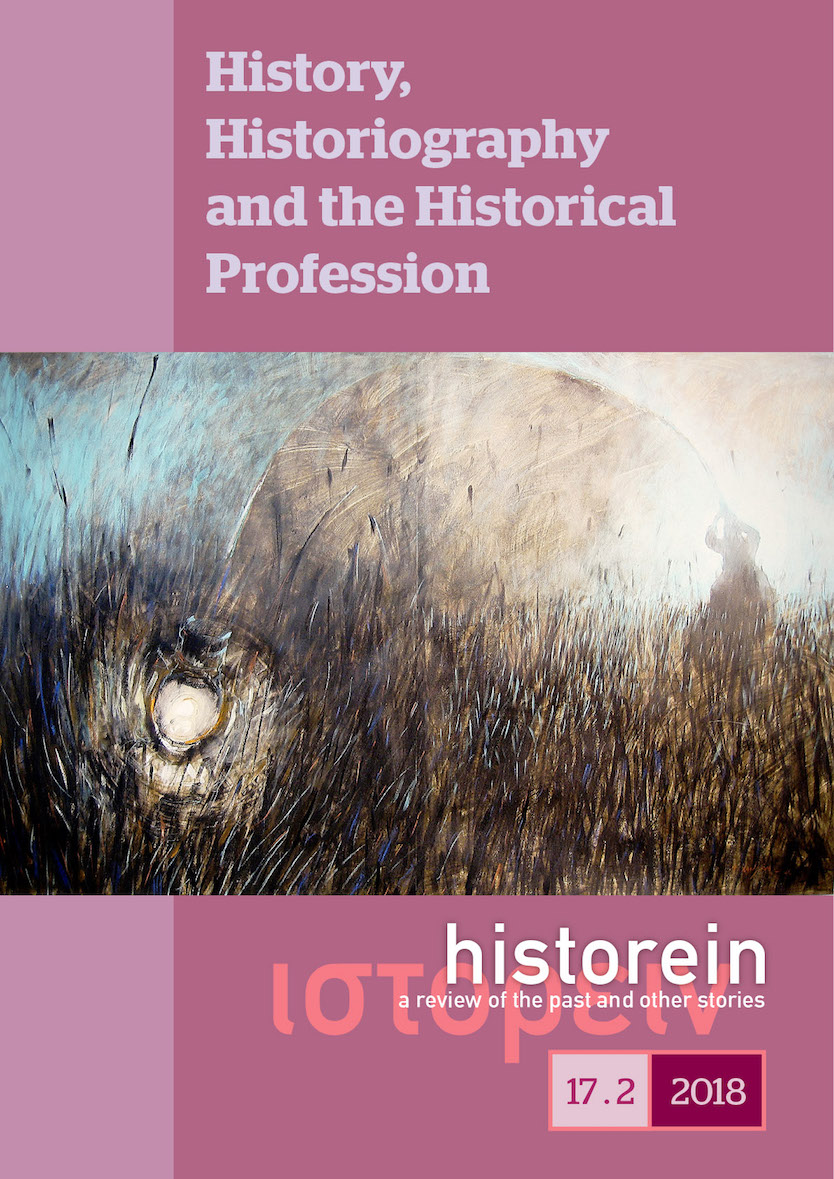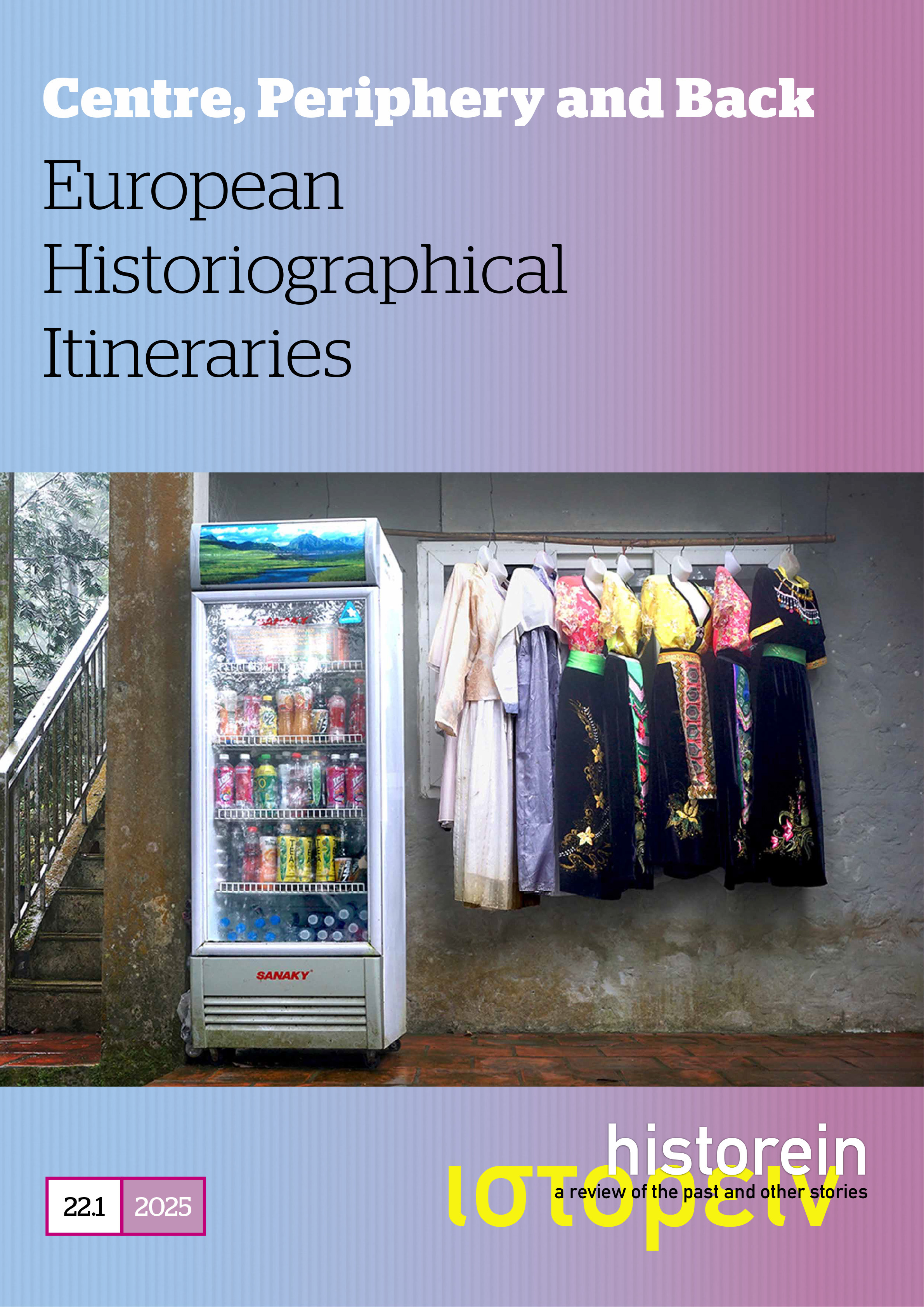Introduction: 1821 and the Crooked Line to the Nation-State

Abstract
This special issue is the outcome of a renewed interest in the study of 1821 and has its own history. It is the result of a series of workshops co-organised by New York University under the auspices of the Jordan Center for Advanced Study of Russia (New York) and the Research Centre for the Humanities (Athens). These workshops brought together historians and social scientists from different universities, and different national and academic environments, to discuss how the history of 1821 could be reconceptualised. 1821 was and still is, par excellence, an example of the political uses and abuses of history. So we seek to understand the revolution in terms of its own present. We titled these workshops as “1821: What Made it Greek and Revolutionary” because we aimed to view the events as if visiting them for the first time and reconsider them beyond the teleology which so much characterises any kind of revolutionary narrative.
Article Details
- How to Cite
-
Dialla, A. A., & Kotsonis, Y. D. (2022). Introduction: 1821 and the Crooked Line to the Nation-State. Historein, 20(1). https://doi.org/10.12681/historein.28741
- Section
- INTRODUCTION

This work is licensed under a Creative Commons Attribution-NonCommercial-ShareAlike 4.0 International License.
The copyright for articles in this journal is retained by the author(s), with first publication rights granted to the journal. By virtue of their appearance in this open access journal, articles are free to use (with the exception of the non-granted right to make derivative works) with proper attribution for non-commercial uses (licence Creative Commons 4.0). EKT/NHRF retains the worldwide right to reproduce, display, distribute, and use articles published in Historein in all formats and media, either separately or as part of collective works for the full term of copyright. This includes but is not limited to the right to publish articles in an issue of the Journal, copy and distribute individual reprints of the articles, authorize reproduction of articles in their entirety in another EKT/NHRF publication, and authorize reproduction and distribution of articles or abstracts thereof by means of computerized retrieval systems.




